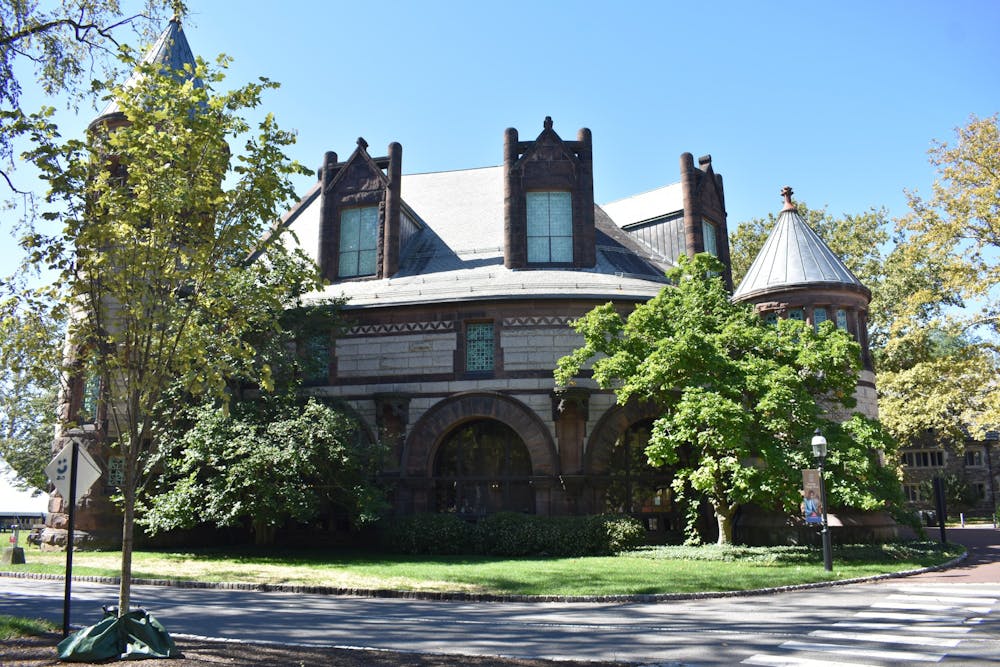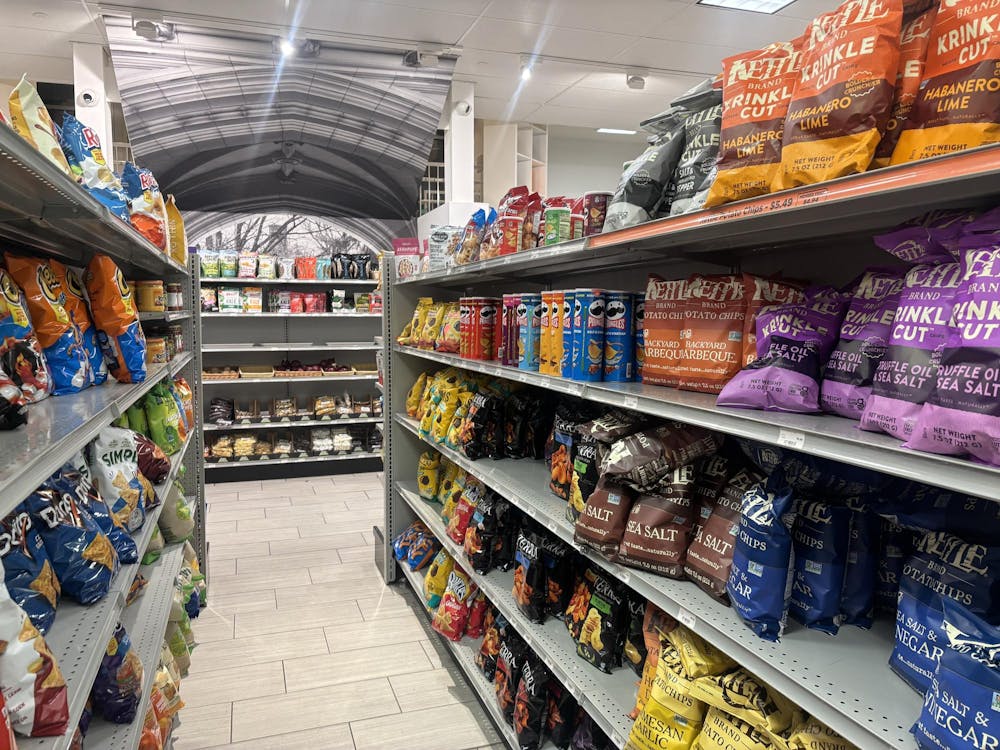The following is a guest contribution and reflects the author’s views alone. For information on how to submit a piece to the Opinion section, click here.
Richardson Auditorium roared with applause as Shruthi Rajasekar ’18 took a bow for her composition, “Gaanam.” I remember listening to her Indian Classical-inspired choral piece as an incoming first-year, praying that the similarities between Shruthi and I would not stop at just our names. As a singer myself, I hoped to build a platform within Princeton’s performing arts environment to share my culture with others, just like she did to thousands in the audience that day.
Over my time at Princeton, I found that we as students have the power to be real drivers of change and inclusivity at Princeton — both current and future students should strive to create spaces for their cultures and passions, especially if that space doesn’t exist quite yet.
As a prospective first-year, I was incredibly excited to apply to Princeton, which I had already fallen in love with. The admissions office allowed students to submit an Arts Supplement, and I was ecstatic at the thought of sharing my 15 years of traditional Indian Classical Carnatic training with those who would come to read my application. After all, it was arguably the most special part of my life. Carnatic music helped me connect with my culture, religion, and family back home — all from the suburban town of Edison, NJ, informally known as “Little India” for its remarkably high concentration of South Asians.
I scrolled and scrolled on the Arts Supplement webpage, but I found no category that would allow me to submit recordings in this international style of music. French, German, Italian … those were the only languages apart from English the University accepted. The website noted: “The Princeton musical community is rich in many kinds of music. This includes non-Western classical and popular music of many types. The Department of Music, however, can provide evaluations only of the performance genres for which formal instruction is offered.”
My heart sank. But adamant as I was on becoming a Tiger, I scrambled to learn Italian art songs and German lieds in a mere few weeks in anticipation of the Early Action deadline. And on Dec. 12, 2019, I was blessed enough to open a letter that began with the words: “We are pleased to inform you …”
From the moment I walked through FitzRandolph Gate, I’ve seen Princeton to be nothing but incredibly welcoming to students from all walks of life, all around the world. I quickly saw that Princeton had a thriving South Asian community. During Opening Exercises, I watched an Indian-American student recite a passage from the Bhagavad Gita, a sacred Hindu text, something I was fortunate enough to do at my Baccalaureate ceremony when I graduated four years later.
Princeton’s performing arts community has been especially inclusive. During Tiger Night, I cheered on dancers in Naacho and Bhangra as they lit the stage up with their intricate footwork and bursting energy; unfortunately, I’m stuck with two left feet myself. Despite my inability to dance, I found other avenues to engage with my culture — I later joined the Princeton Hindu Satsangam, went on to lead Princeton Swara (our South Asian classical vocal group), and even composed a Carnatic-inspired choral piece of my own to be performed by the Princeton Vocal Consort.

Yet in spite of all of these incredible opportunities, something was missing — I couldn’t stop thinking about how a genre so important to me and my culture wasn’t represented beyond the student group level at Princeton. I wanted to see my music represented in classrooms, considered in an academic context, and appreciated on campus. To my surprise, I found that even as a student, I was able to start making this happen. I worked with our extremely supportive Music Department faculty to propose a Carnatic music academic course, and in doing so, took the first steps in carving out a new space for my culture and community that hadn’t existed before.
Today, the Arts Supplement also reads the following: “The Department of Music has a broad definition of composition, one that includes concert music, improvisational music, un-notated music, and while they don’t have the expertise to fully evaluate non-Western compositional traditions, these are also welcome.” My heart overflows with joy at the thought that students like Shruthi and I could have even the slightest impact towards such a change and were able to help reshape our community. Princeton took a chance on me, and I couldn’t be more grateful for the opportunities and supportive faculty who encouraged me to celebrate my culture and heritage in the broader Orange Bubble.
Princeton taught me to not only be proud of my upbringing, but to find the beauty in the diverse backgrounds of students around me. As initiatives like that of the Arts Supplement continue to evolve, I can only imagine what students in coming years will do to make this institution more inclusive day by day. Even if Princeton has limitations or doesn’t have certain options available, we as students have the power to advocate for those options and make real change that creates a more inclusive community for those who come after us. Change is constant, and I hope that Princeton not only continues to be welcoming to diversity, but also that its students realize and continue to wield their power to improve our Orange Bubble.
Shruti Venkat is a member of the Class of 2023. She can be reached at shrutiv17@gmail.com.









